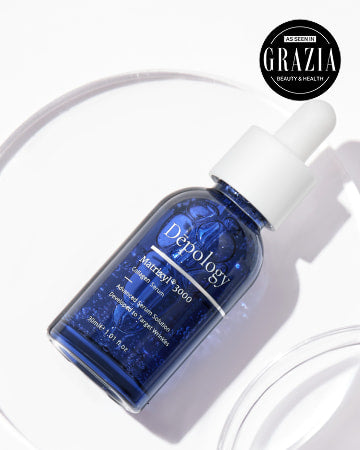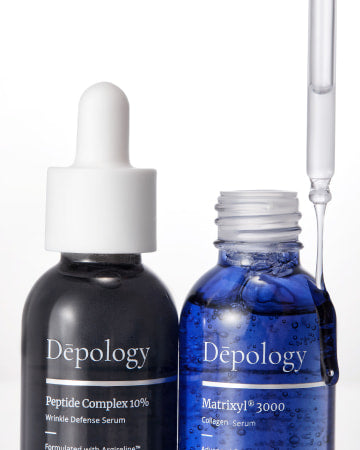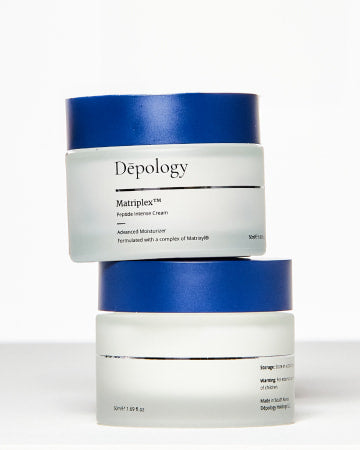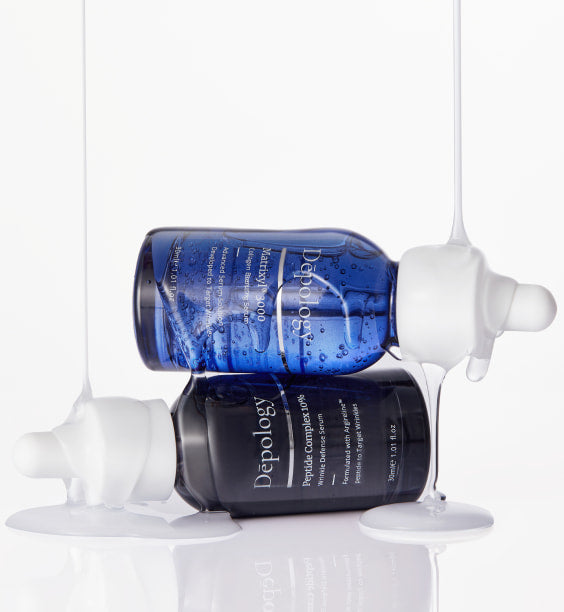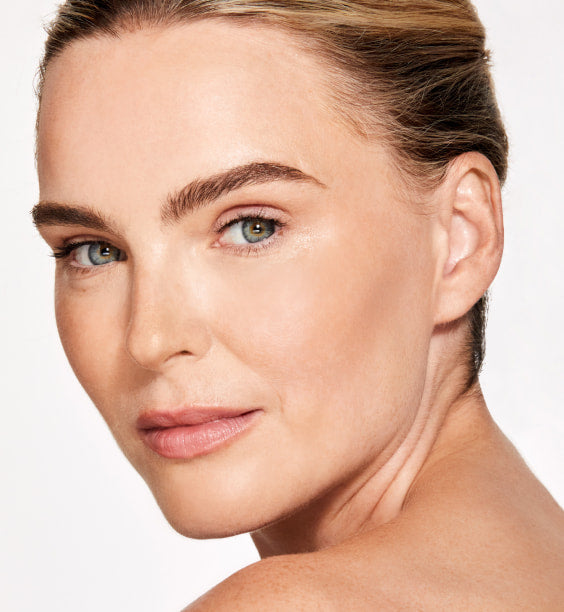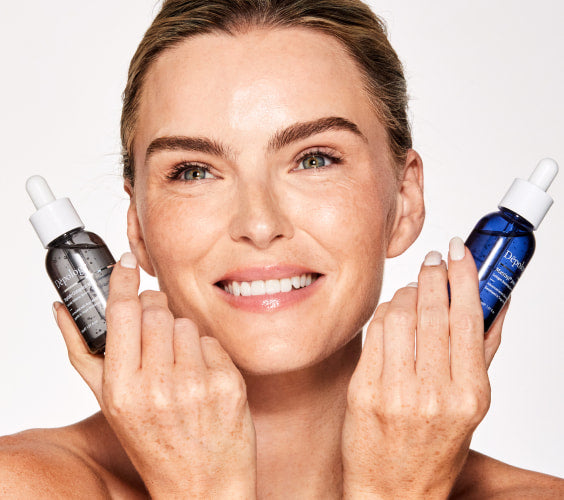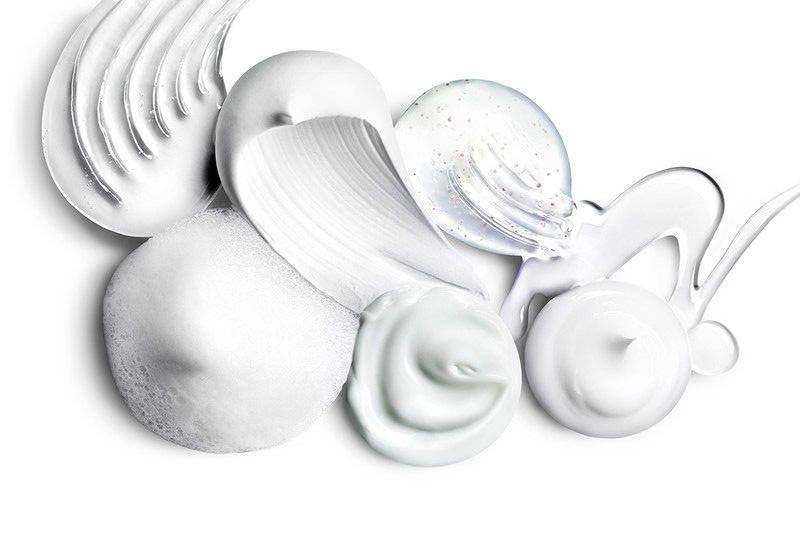
Peptides for Men: Benefits, Types, and Side Effects
Reveling in the secrets to a vibrant and resilient complexion goes beyond traditional grooming routines. For men seeking a holistic approach to skincare, collagen peptides have emerged as a revolutionary boost. Collagen, a vital protein in our bodies, plays a crucial role in maintaining skin elasticity, hydration, and overall health.
In recent years, collagen peptides have gained significant attention for their potential to promote youthful skin and address common skincare concerns. In this exploration of men's skincare, we'll delve into the compelling benefits of peptides and how this natural component can revolutionize your daily routine, fostering a handsome and healthy skin barrier.
How do peptides work with testosterone?
Certain peptides are believed to have the potential to influence the production or release of testosterone in the body. The use of peptides for enhancing testosterone levels is a topic of ongoing research, and not all peptides have been extensively studied or proven effective for this purpose.
One such peptide that has garnered attention in the context of testosterone is Kisspeptin. Kisspeptin is a neuropeptide that plays a role in regulating reproductive function. Some studies suggest that kisspeptin may influence the release of gonadotropin-releasing hormone (GnRH), which in turn regulates the secretion of luteinizing hormone (LH) and follicle-stimulating hormone (FSH). LH is essential for testosterone production in the testes as well as sperm.
Are peptides different from growth hormones?
Yes, peptides and growth hormones are different, although they are related in the sense that certain peptides can influence the release of growth hormones in the body. In skincare or medical therapies, synthetic peptides are sometimes used to mimic or enhance specific functions. Growth hormones, meanwhile, are specific types of proteins produced by the pituitary gland that play a key role in the maintenance of various tissues and organs.
While peptides are components of proteins, growth hormones are large proteins themselves. Growth hormones stimulate the release of insulin-like growth factor 1 (IGF-1), which promotes growth and development. Some peptides, known as growth hormone–releasing peptides (GHRPs), stimulate the release of growth hormones from the pituitary gland. The use of peptides in medical or performance settings may involve stimulating the production of growth hormones to achieve specific effects.
Should men take collagen?
Yes, men can benefit significantly from taking collagen supplements. Collagen is a crucial protein that provides structure to tissues such as skin, bones, tendons, ligaments, and muscles. As people age, collagen production naturally decreases, leading to changes in skin elasticity, joint health, and other connective tissues.
What are the benefits of collagen peptides for men?
Collagen peptides can offer several potential benefits for men, as they play a crucial role in various tissues throughout the body:
Joint Health
Supplementing with collagen peptides may help support overall joint health, reduce pain, and improve flexibility, making it beneficial for men with osteoarthritis.
Muscle Mass and Strength
Some studies suggest that collagen supplementation — especially with resistance training — may support muscle mass and strength.
Bone Health
Collagen provides structure and strength to bones. Supplementation may help improve bone density and reduce the risk of osteoporosis.
Skin Health
Dr. Joshua Zeichner notes that “collagen peptides can help improve skin hydration by increasing its ability to retain moisture.”
Additionally, dermatologist Dr. David Bank shares that peptides may “increase collagen production, reducing the appearance of wrinkles and fine lines.”
Gut Health
Collagen helps maintain gut lining integrity. Many men find collagen peptides beneficial for digestive health.
Wound Healing
Collagen is involved in tissue repair. Dermatologist Dr. Kenneth Mark notes that some peptides “promote wound healing and reduce scarring.”
Hair and Nails
Collagen supports healthy hair and nails. Dermatologist Dr. Elizabeth Hale adds that peptides benefit men prone to razor burn and ingrown hairs.
Individual responses vary and research continues. Diet also matters — collagen-rich foods (bone broth, fish, lean meats) should accompany supplementation.
What are the different forms of peptide therapy?
Peptide therapy involves using peptides for therapeutic purposes including hormonal balance, anti-aging, and overall health. Administration depends on the peptide, purpose, and individual health condition.
Subcutaneous Injections
Injected below the skin into fatty tissue. Common in medical peptide therapy.
Intramuscular Injections
Injected into muscle for quicker absorption.
Oral Administration
Some peptides are available as capsules or liquids, though digestive enzymes can reduce absorption.
Nasal Spray
Absorbed through nasal mucosa — a non-invasive alternative.
Topical Creams and Gels
Skincare peptides often come in topical formats for localized effects.
Transdermal Patches
Patches deliver peptides steadily through the skin.
Peptide therapy should be supervised by a medical professional due to potential side effects, dosage needs, and interactions.
What are the different types of peptide therapy available?
Peptide therapy encompasses many peptides, each with unique applications. Research continues to evolve, but below are commonly referenced categories:
Growth Hormone–Releasing Peptides (GHRPs)
Examples include GHRP-6 and Ipamorelin. These peptides stimulate growth hormone release and may support anti-aging, muscle growth, and metabolism.
Insulin-Like Growth Factor (IGF-1)
IGF-1 plays a role in tissue development and partners with growth hormone to support bone and muscle health.
Sermorelin
Sermorelin is a naturally occurring peptide that triggers natural growth hormone release, supporting sleep, endurance, and muscle mass.
BPC-157
BPC-157 shows promise in healing, weight management, and reducing inflammation in muscles, joints, and the digestive tract.
CJC-1295
A powerful peptide that stimulates growth hormone release, often combined with Ipamorelin for enhanced metabolic and muscle benefits.
Collagen Peptides
Collagen peptides are short amino acid chains derived from collagen, which forms the structure of skin, bones, ligaments, and cartilage.
Dermatologist Dr. Sejal Shah notes that collagen peptides may help “improve skin texture and tone by reducing the appearance of pores and hyperpigmentation.”
Hydrolysis breaks collagen down into small, easily absorbed peptides, commonly used in supplements and functional foods to support skin, joint, and tissue health.
Peptides 101 Skincare For Men
Though it may seem like a new trend, peptides have existed in medicine for nearly 100 years. Our product line features formulations for every skin need. Men benefit just as much as women from effective routines — especially those involving topical peptides and collagen.
Peptides can help reduce fine lines, smooth wrinkles, and improve overall skin health.
Our Pick: Peptide Complex 10% Argireline Serum
Our line defense serum contains 10% Argireline™ peptide, clinically proven to diminish fine lines and prevent new ones. With vitamin E and vita-polypeptide, it protects skin from free radicals and supports moisture retention.
The serum works well for all skin types and pairs effectively with our Matrixyl® 3000 Serum for enhanced anti-aging results.
Our Pick: Multi-Peptide Anti-Aging Eye Stick
A convenient option for daily peptide use, our Anti-Aging Eye Stick combines Argireline™ with a multi-peptide complex to reduce lines around the delicate eye area. Jojoba oil and essential fatty acids help moisturize and soothe skin.
Are there side effects to peptide therapy?
Peptides occur naturally in the body and are generally tolerated, but peptide therapy may involve risks:
- Allergic Reactions: Some individuals may react to specific peptides. Screening is recommended.
- Injection Site Reactions: Redness, swelling, or discomfort may occur when peptides are injected.
- Hormonal Effects: Growth-hormone–related peptides can affect hormone levels.
- Interactions with Medications: Always disclose medications and medical history before beginning peptide therapy.
Conclusion: Peptides for Men
Peptides are a powerful addition to men's skincare and wellness. They help keep skin firm, hydrated, and youthful while also supporting joints, muscles, bones, digestion, and healing. Collagen peptides especially offer full-body benefits that go far beyond skincare.
In short, peptides aren’t just a trend — they’re a multifunctional tool for looking and feeling your best.


